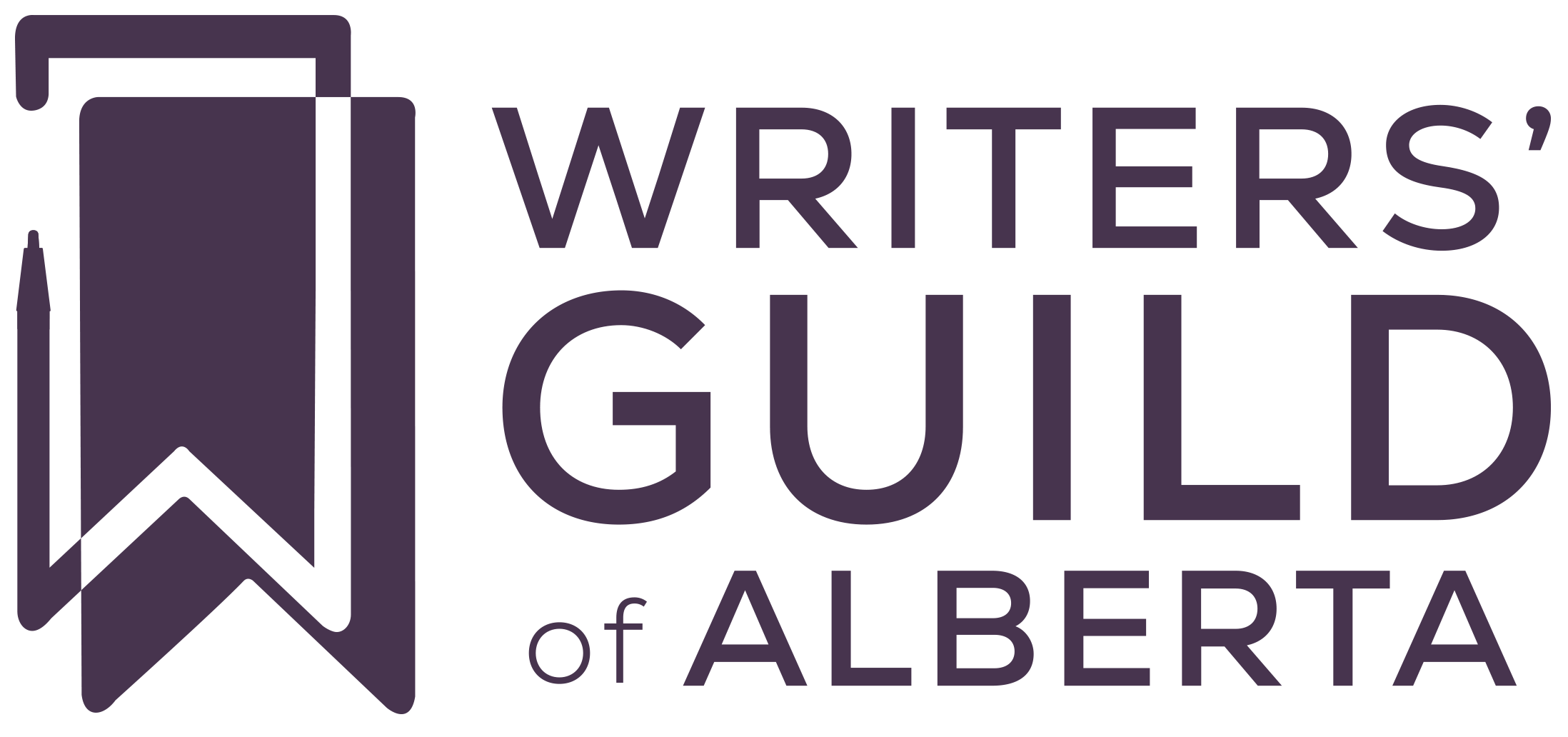Steven Ross Smith is a Canadian poet and self-taught writer born in Toronto. At Ryerson Polytechnical Institute, Smith obtained a diploma in Radio and Television Arts before eventually settling down in Banff where he is currently the appointed Banff Poet Laureate. Smith is continuing his writing and working on the 7th book in his multi-book poetic series called “Fluttertongue” and continues to do arts journalism for various publications. Smith’s creative exploration with his writing intrigued me right away. Writing across multiple genres of writing and sound poetry, Smith is always looking for new ways of challenging the traditional forms of writing. His will to keep innovating existing forms of writing is an important part of his artistic expression and lead me to interview him.
SR: Looking through your writings I noticed that you have written across numerous genres such as your poetic series “Fluttertongue” and short fiction novels such as “Lures.” Is there a particular genre of writing that you find intrigues and inspires you more than other genres as a writer?
“I think my main métier is poetry. But I enjoy the challenges of short fiction (in a kind of perverse, doubt-insinuating way). I also very much enjoy writing about art and artists for various magazine publications. As for inspiration, I think that just working with language inspires me – the way you can work language and ideas into a form of information sharing and artistic expression.”
SR: As I was looking through your works, I was intrigued by your exploration with sound poetry and your group “Owen Sound”. What inspired you to explore this unique genre of poetry?
“I became involved with sound poetry after hearing a performance by an ensemble of four men called The Four Horsemen. Their multi-voice, language-shattering performances were electrifying. I immediately wanted to try out that mode. So about four years later I too became involved with a quartet of like-minded guys and we began to explore the possibilities of this form – collaborative creation and performance. We called ourselves ‘Owen Sound’ (after a body of water in Ontario). I have performed a lot of the historic material created 100 years ago as well as collaborative works and my own compositions and improvisations. It takes a lot of practice and confidence to do something that seems so radical, sometimes so wild.”
SR: In your many years of writing, what has been the most challenging piece that you have written? What made this piece so challenging compared to your other works of literature?
“My most challenging pieces have been short stories. I try to find ways to challenge the traditional form of the short story. This is not easy as many modes have already been done. I’m still trying to find out what makes a piece of short fiction work. I feel very uncertain when I’m exploring this form. I feel much more comfortable in poetry (though I’m always pushing what I understand as the boundary of the possibility of expression with poetry.)”
Smith’s answers solidify the importance of continually innovating our writing so that we can grow as writers. Throughout our lives, most of us have been taught to follow certain rules and structure when writing in a particular genre. This idea that Smith promotes of trying something new and radical can scare most people, especially in writing where there tend to be established rules and styles. But his answers have inspired me to try and explore my writing and find what boundaries I can push. I think Smith’s responses will be helpful to those who are afraid to try something new with their writing so that they may push the limits of their writing.
